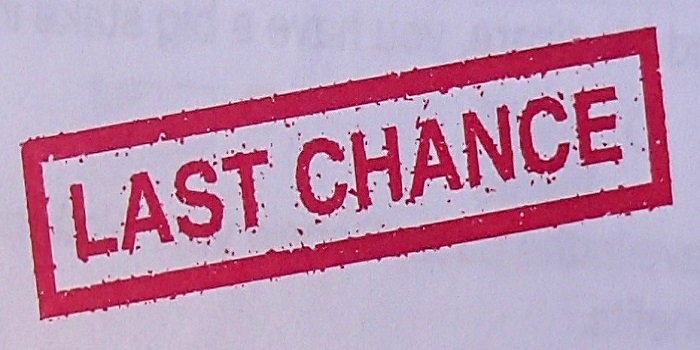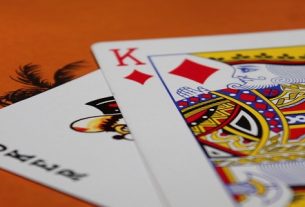In the wake of PASPA’s repeal, the sky is the limit for sports betting enthusiats, proponents, and industry watchdogs. However the SCOTUS-maintained lift of the 1992 ban is not in itself grounds for the legalization of sports wagering and the gambling industry en masse across the US. States are all churning with excitement, trepidation, and let’s admit it – consternation.
Connecticut and the Legal Sports Betting Industry
Online gambling, in all its forms, is unlikely to be a subject of debate in Connecticut when the Connecticut General Assembly, in fact, returns to discuss the issue of the way more palpable sports betting legal status. On 1 June, legislators from the state said that a broader public debate is needed before any form of legal online wagering may finally come into effect.
According to Deputy House Minority Leader Vincent Candelora, in order to push with sweeping changes in the state, the legislators will have to seek and establish whether the public is overwhelmingly in favor of such changes that will allow gambling and wagering to run deeper roots in the country.
Meanwhile, Governor Dannel P. Malloy has said that he is already in close talks with Mashantucket Pequots and Mohegans, the two tribes that have been legally allowed to open and run casinos. Now that the federal ban is de facto gone, things look a bit differently.
Lawmakers Step Up Opposition
PASPA may have brushed aside the federal ban, but Mr Malloy has reported that lawmakers have told him that sports betting may occur only at brick-and-mortar venues, with online parlours completely off the table. This is a dispiriting prospect for a nation that has waited for quite a while in order to introduce its own brand of legalized sports action.
At issue is also whether the pair of tribes can introduce sports betting venues at their casinos. If we draw on the state of affair in Las Vegas, then sports betting is just as well considered a casino game. As affairs stand presently, Connecticut receives a 25-per cent cut from the tribes’ proceedings generated at slot machines, which account for nearly 80% of the casino market.
Meanwhile, alternatives such as Sportech are also rearing their head to try and step up the game by introducing their own brand of sports betting. With so many parties involved and so many questions unanswered, it’s not exactly clear what Mr Molly and Connecticut’s Assembly should seek to settle first.
It’s worth noting that Connecticut currently generates $590 from gambling-related activities, including OTB, lottery and slot machines. It is well worth mentioning that this amount may increase multiple folds should a more robust legal framework is found to coach the still undefined legislation.
What Connecticut may seek to do now is come up with the framework for the future. Ideally, the state will manage to bring all activities online and levy them with tax, which will bolster its coffers immensely. However, this will also require a fair bit of renegotiating the existant compacts with the Indian tribes. The Assembly may have more definitive answers next year.



